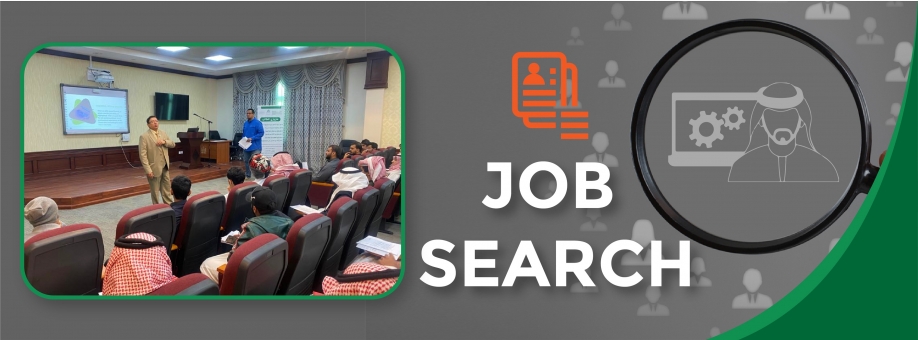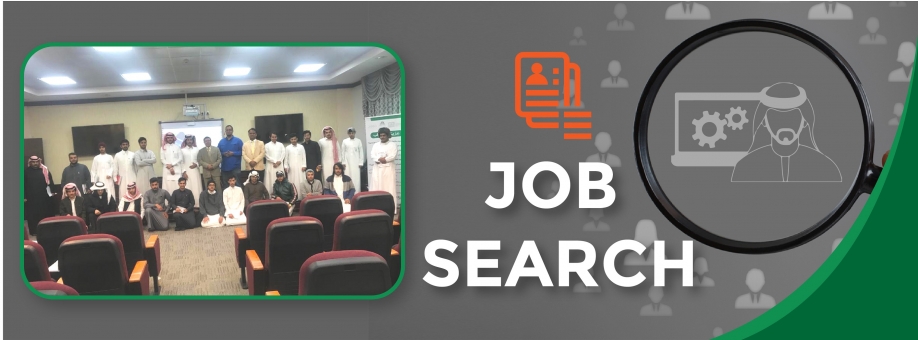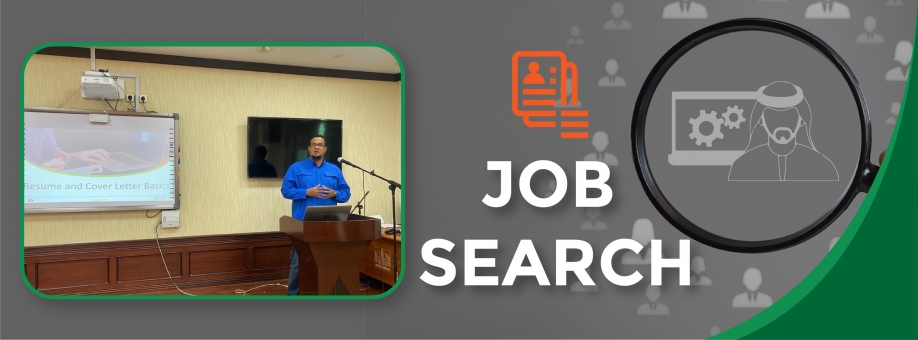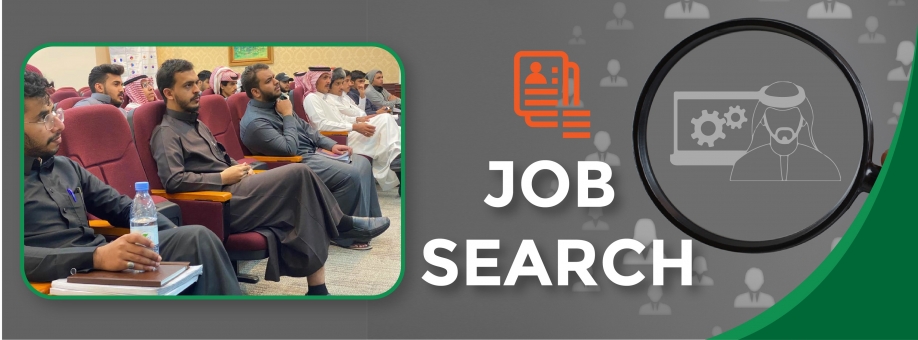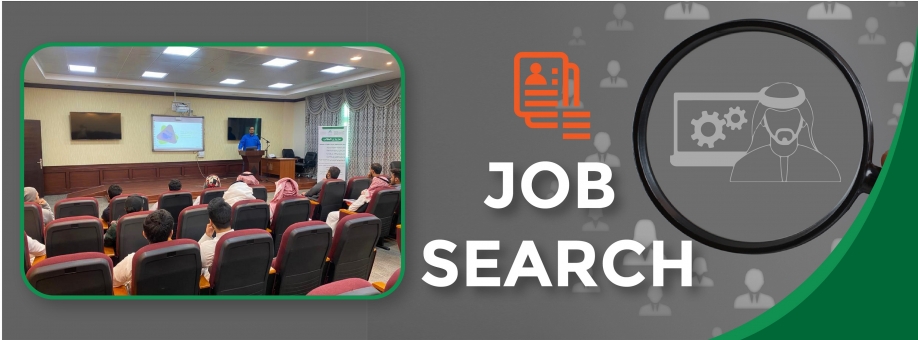FLT Alumni Unit Hosts Webinar on Constructing ATS-Optimized Résumés
On 25 November 2020, Hassan Costello delivered a webinar to 48 participants organized by the Alumni Unit of the Faculty of Languages and Translation that addressed the importance of having a highly optimized résumé entitled "Constructing a Resume That Will Get Noticed". The workshop, under the supervision of Vice Dean for Academic Development & Quality, Dr. Abdulrahman Almosa, and planning of Alumni Unit Coordinator, Mohsin Khan, was developed to provide Bachelor of Arts in English program students and alumni with additional activities for their professional development, consistent with the intended learning outcomes, and labor market developments. Prior to the webinar, research was conducted to gather input and experiences of alumni who successfully obtained employment using the strategies delivered in prior résumé training sessions.
After introductions by Vice Dean Almosa and Mohsin Khan, Costello began the webinar by discussing the need for English majors to educate potential employers about what they can do and how what they've learned is transferable to work situations. He pointed out that many employers will be eager to talk with someone who has skills in writing, editing, communication, critical analysis, research, problem-solving, collaboration, and managing information, just to name a few. Costello noted that the average employer will only spend 20 seconds in the initial review of the résumé, explaining that is the reason why it's critical to write an ATS-optimized resume. Costello then steered the discussion to center on the applicant tracking system (ATS), which is a system — used by recruiters — that uses algorithms to rank resumes based on how well they match the position. He then explained that in order to construct a resume that will get noticed, one must pay attention to keyword optimization, which is the most important element of an ATS-optimized resume. In order to do that, he mentioned that résumés should be tailored to the job description with any and all applicable titles, skills, and keywords found in the actual job description to ensure a high match rate. A lively discussion ensued in which several participants wanted to know how to convey their skills and abilities with no professional experience. Costello then said, "I gave the example of one of our more successful alumni, Hasan AlQahtany, who is now working at BAE Systems in Dhahran as an English teacher. He volunteered, was in the English Club, and served as a student leader in the Language Enhancement Program. Those are some of the things you can put on your resume, and when you do, make sure you use nouns. Those keywords should also match applicable keywords in the job description." He then highlighted that volunteer work or internships show that you have real-world experience and demonstrates abilities.
At the end of the webinar, all comments or questions raised during the event were answered. All participants — who maintained attendance throughout the webinar — were offered an opportunity to have their résumé reviewed by the presenter via email.
The Bachelor of Arts in English program at the Faculty of Languages and Translation is committed to communicating with its alumni and involving them in events and activities.
Date: 11/27/2020
Source: Faculty of Languages and Translation

